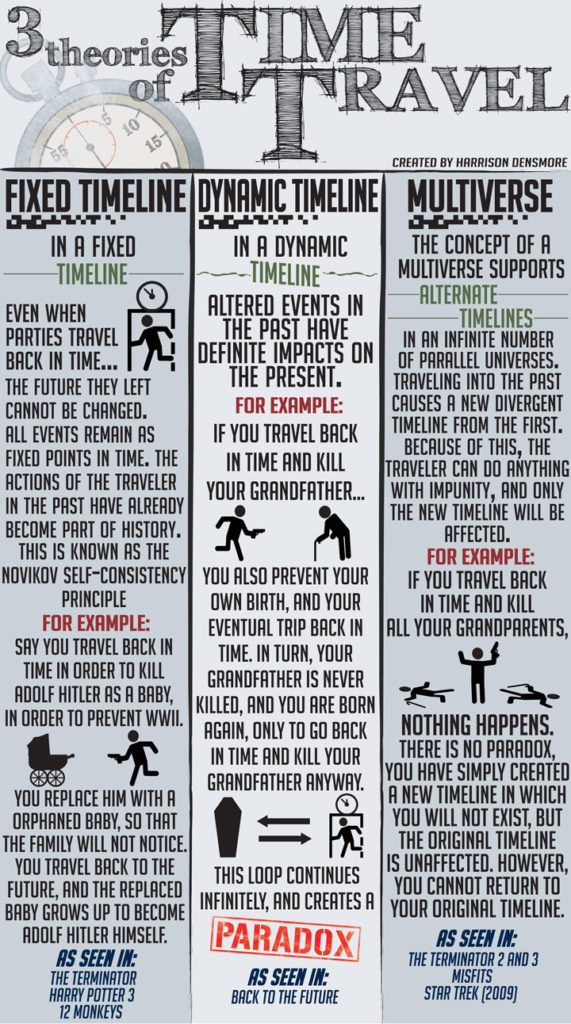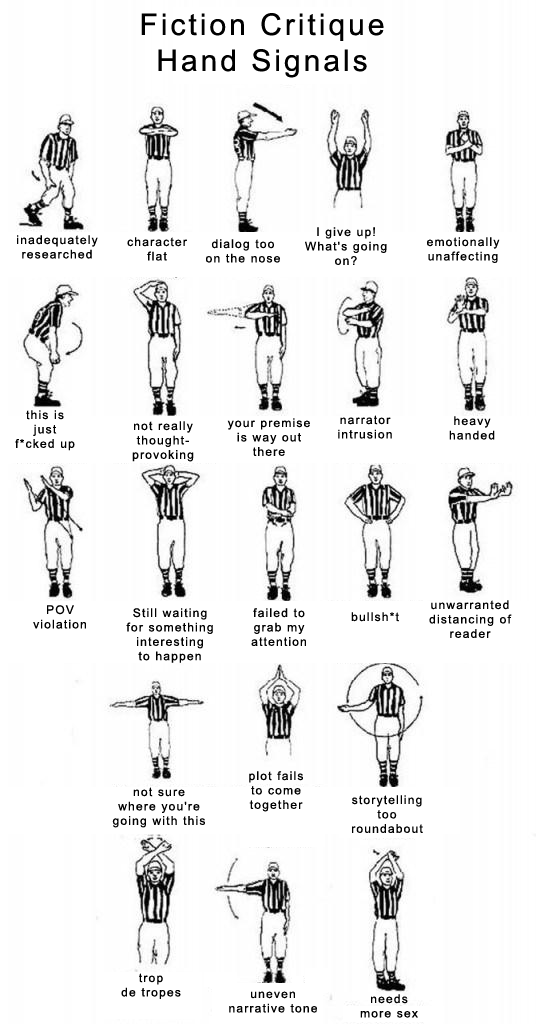The recent gun control debate is one clear example of how divided we are as a population, but we see these examples all the time, on immigration, the environment, taxes, abortion, welfare … well, you’ve seen it. You know.

photo by https://www.flickr.com/photos/element2o48/
Why are we so split on these issues? Why are the people who think different things than you do so profoundly wrong and so stubborn and perverse in sticking with their wrongness? Will your side ever win?
While I’m pretty sure there’s no one thing that will explain all political differences, I think there is one single, crucial issue that defines the political divide in America. It’s the issue of who needs to be involved to get things done. Here’s what I mean:
Conservatism
Conservative politics is based on the idea that you have to do things yourself. “Yourself” here means you, the people who are closely connected with you, and if you’re a Christian, God. After all, if God is on your side, then he’s part of the group you can trust absolutely, but you also need to do the things the way you think God would want them done. Regardless, whoever is in your group is who you need to look out for; it’s not safe to trust outside groups.
This makes it clear what to believe on a number of issues:
More taxes to support more government services, or lower taxes and fewer services? Obviously you can’t trust the government to do things for you, because you have to do things yourself. Therefore, the more money you hang onto and the less the government gets to use, the better.
Protect the environment, or allow more access to natural resources? Well, if people are going to rely on themselves, they can’t be restricted from accessing the resources they need to do that. Further, protecting the environment usually means more taxes, which we’ve already established are not what’s needed.
More gun control or more gun freedom? Well, you can’t rely on other people to protect you locally, so the more you and yours have access to guns, the safer you’re going to feel.
And so on. It gets tricky when looking at some larger issues, like military spending, because then “yourself” becomes “your country,” so of course more military power, because you can’t trust the other countries.
Liberalism
Liberal politics is based on the idea that we have to do things together. If we all are only looking out for ourselves, the thinking goes, then we’ll always be at odds with each other, and things will be chaotic and unsafe. If we work together, on the other hand, we’ll be able to do more, and almost everyone will be much better off.
This also makes it clear what to believe on a number of issues:
More taxes to support more government services, or lower taxes and fewer services? If we’re going to do things together, then we need constructs like governments to get the work done, so more taxes are acceptable within limits if that means the government is doing more for people. If we’re paying more for taxes, for instance, but everyone gets much better health care, then everyone’s better off.
Protect the environment, or allow more access to natural resources? Even though some people may benefit from accessing more natural resources, we all lose out when the environment is degraded, so clearly we need to protect it for the common good.
More gun control or more gun freedom? People with guns are more dangerous to everyone than people without guns, so fewer guns is the way to go.
I know that’s all oversimplified, but I believe the point still stands. Conservatives feel safer when it’s left up to individuals to control things. Liberals feel safer when people are working together for the common good.
The Tug of War
This puts most political questions on a continuum, from “we all do it together” on one side to “we each take care of it ourselves” on the other. Few of us adopt an absolute extreme, since leaving everything to everyone else (not working for our own income, not making our own decisions about how we live, etc.) doesn’t work any better than trying to do everything (raising your own grain, inventing your own Internet, etc.) ourselves.
So the more you accept one idea, the more the other idea is going to seem not only unappealing, but even insidious. If you don’t feel safe without a gun of your own, attempts to control who can have guns are going to feel like somebody is trying to rip away one of the few protections you have, an act that’s threatening at the same time it makes it harder to defend yourself from threats. If you feel like the climate is degrading massively and we all need to adopt some agreements about how to act differently in order to turn things around, then any freeing up of resources that can damage the climate further seems irresponsible and malign.
Will Things Change?
The line between these two opposing ideas will move, so that the country as a whole can become more liberal or more conservative. Additionally, some events can make people feel even less safe, causing them to stand even more firmly on their point of view (do for yourself or do it together), resulting in entrenching, incivility, and deadlock. Fear is what causes entrenchment, and some political figures, especially on larger political stages, try to use this by stoking the fires of fear in their base, which causes their base to become more rigid and intense.
But because we will always have to strike a balance between the two, the line won’t disappear. The two things that can change are where the line is–what the average political stances in the nation are–and how afraid or confident people feel about things.
So How Do We Fix It?
If by “fix it” you mean “advance my side’s agenda,” then improvement comes from reaching out, from sharing information and ideas and education, helping people to see the benefits in what you’re proposing and to understand it better. For instance, the Civil Rights Movement and the #metoo movement both advanced causes by making them more visible and sharing their vision and understanding of the world. The people who took part in these movements challenged assumptions and shared ideas in a way that other people could understand and, in many cases, get behind.
Or you can advance great political figures who understand how to present and structure your priorities so that more people are interested in and attracted to them.
But if you mean “fix it” in terms of narrowing the gap, creating more civility and bipartisanship and effective governance, then the solution is for people to feel heard, understood, and supported. That’s it: creating trust is the magic ingredient. If someone is talking about how we need to arm teachers so that schools won’t be sitting ducks, and if you don’t agree with that, then trying to tell them how wrong they are and how sick that idea is will reinforce their sense that you don’t honor or support individual agency. They’ll feel attacked (because you’ll be attacking them), and they’ll most likely dig in.
Similarly, if someone is saying that we need to impose a new tax on fossil fuels, and if you don’t agree with that, then telling them how they’re stealing your money to bloat government even more, because they’re a control freak who wants everything their way, it will not encourage them to switch to your point of view.
If on the other hand, in either situation, you ask them more about how they envision the idea working, how they would work out some of the difficulties (without characterizing the difficulties as reasons why they are wrong), and why that’s important to them, you’ll understand them better, and they’ll know you understand them better, and that you respect them at least enough to take their opinions seriously. In no part of that do you try to promote your point of view or negate theirs: all you’re doing is establishing trust, and you can’t simultaneously establish trust and try to conquer. Then, it’s at least more likely that the other person will be willing and interested to hear what you have to say, and even to think about what you’ve said. It’s not guaranteed by any means, but it’s much more likely. Now we have civility and understanding, and no one has had to give up their beliefs. We’re in a better situation to sort things out.
I’d like to underscore a crucial part of this: if you want to use this approach, you have to open yourself up first. You probably will need to sit through hearing some things you disagree with massively and don’t want to hear, delivered in a style you don’t like by a person you may not trust. That’s hard, but it’s also the only reason people don’t do this a lot more. To the extent that you can suck it up and just listen to the other person as a human being, conveying respect and attention, you can accomplish something few people these days accomplish: bridging the conservative-liberal gap.








